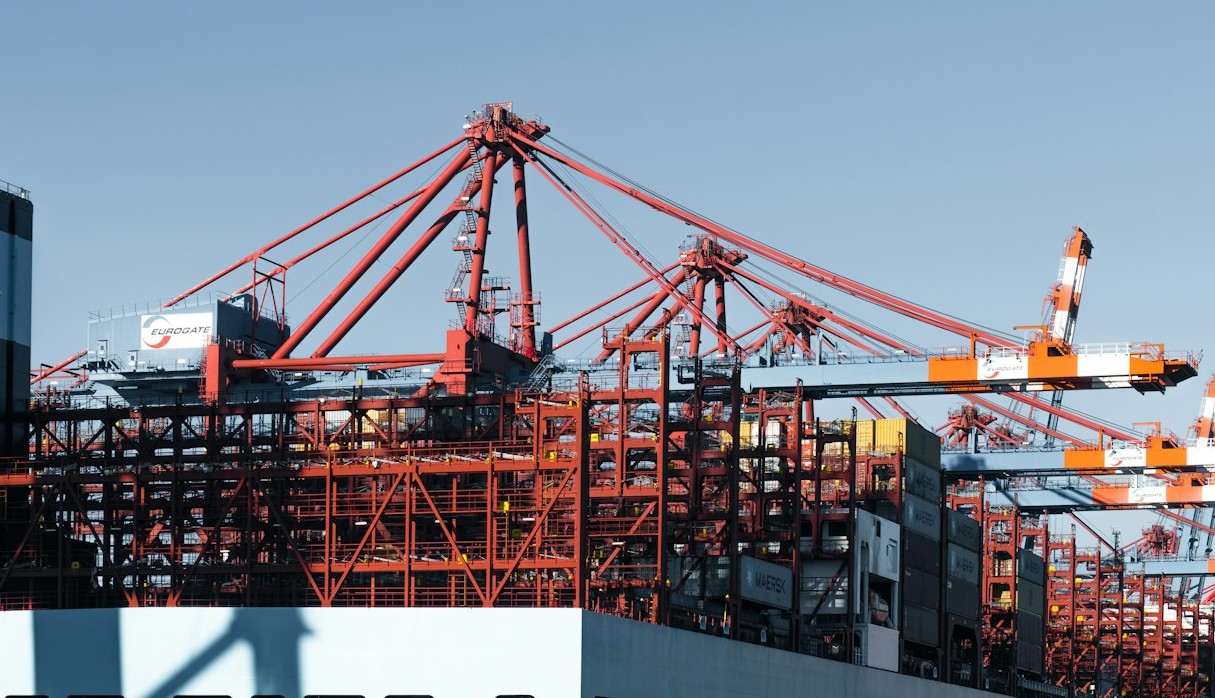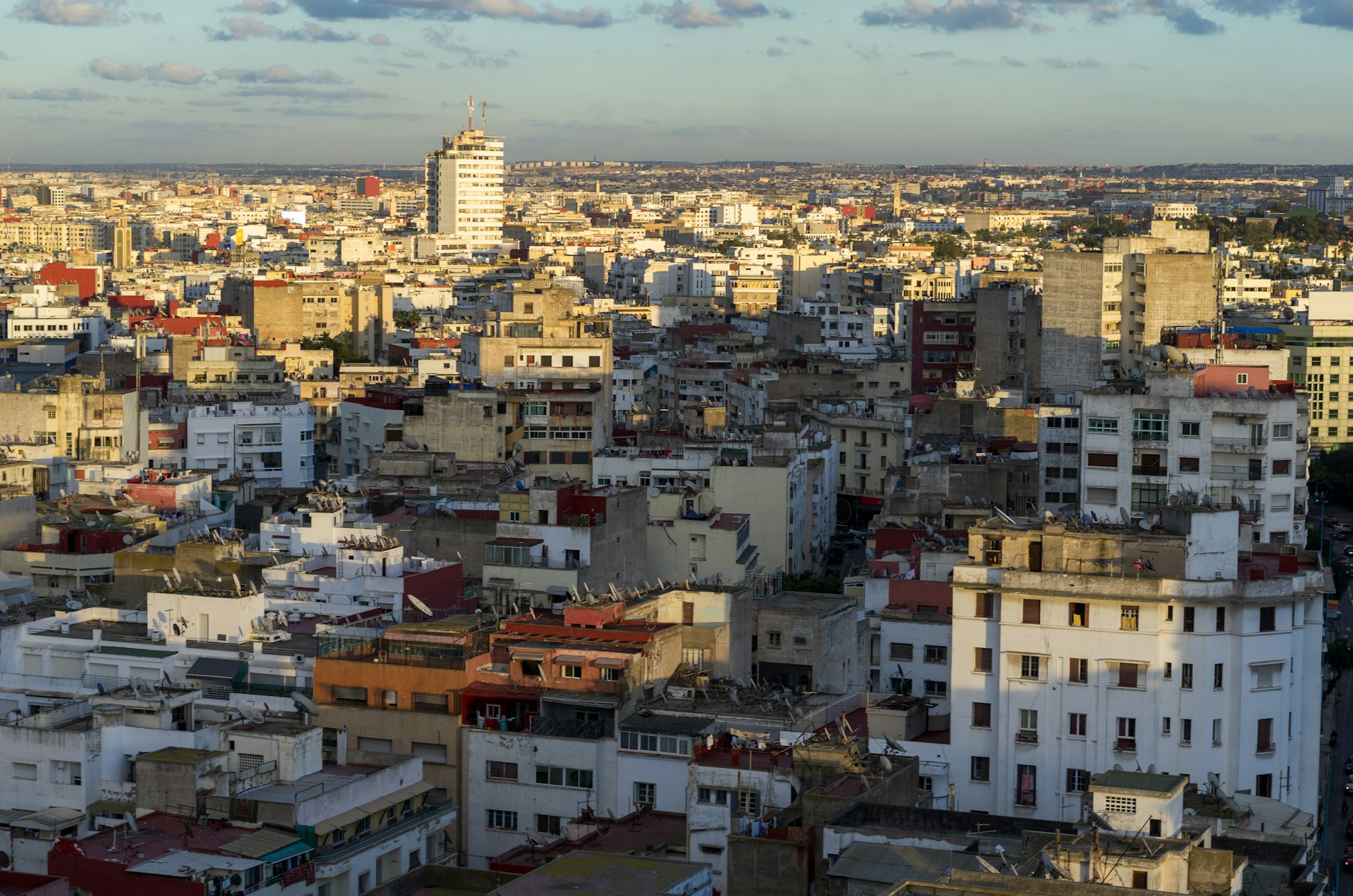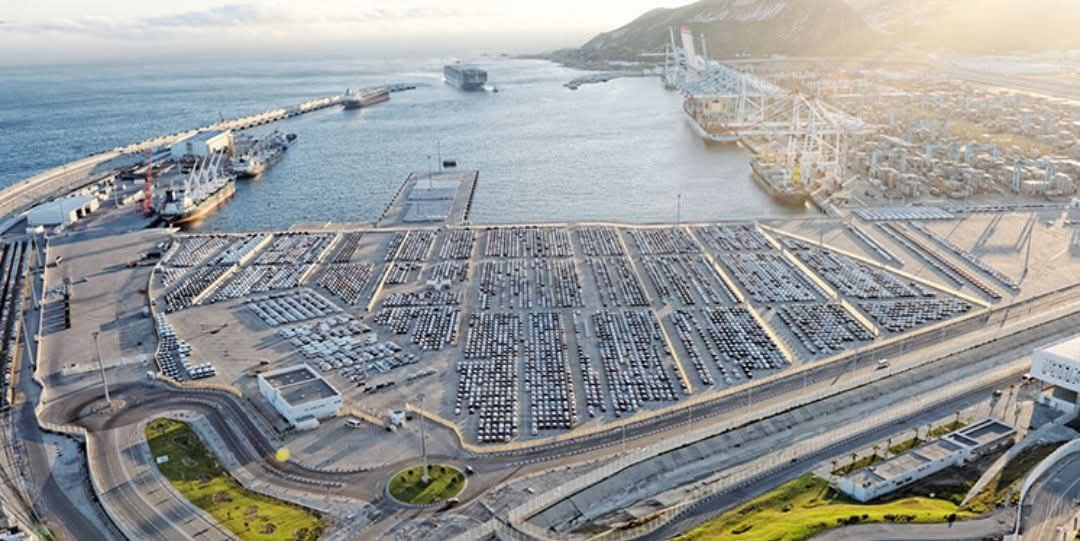Casablanca – The fishing sector in Morocco is facing a series of escalating issues that are affecting both the availability and affordability of seafood. Recent data reveals a troubling trend: while the price of fish, particularly sardines, has skyrocketed, the volume of catches has significantly decreased. This situation has prompted calls for regulatory intervention and raised concerns about market fairness and sustainability.
Surge in fish prices sparks outcry
Local seafood markets, especially in coastal cities like Al Hoceima, have seen a dramatic increase in fish prices. Sardines, once an affordable staple, are now selling for between $3.5 and $5 per kilogram. Similarly, caballa (mackerel) is priced more than $2 per kilogram. This sharp rise in prices has led to widespread dissatisfaction among consumers, who are used to more reasonable costs.
The Moroccan Competition Council is being urged to intervene to restore balance in the market and address illegal practices contributing to the inflated prices. The significant and unjustified price hikes require regulatory oversight to ensure fair pricing and prevent market manipulation.
Decline in fish catches and market imbalance
A recent report from the Moroccan National Fisheries Office indicates a notable decline in the quantity of coastal and traditional fishing landings at Moroccan Mediterranean ports. By the end of July 2024, landings amounted to 9,474 tons, representing a 13% decrease compared to the same period last year. Despite this reduction in volume, the value of these landings has increased by 9%, reaching approximately $46.88 million, up from $42.80 million in the first seven months of 2023.
This disparity between the decreasing quantities and rising values highlights a complex interplay of economic and environmental factors impacting the fishing sector.
Impact of rising costs and market dynamics
The rising cost of operations, particularly fuel—which constitutes about 80% of fishing trip expenses—has been a significant factor driving up seafood prices. This increase in operational costs, combined with market control exerted by certain players, contributes to the current market volatility.
Moreover, prices for Moroccan fish are now significantly higher than in other countries, such as Spain, despite Morocco being a key exporter of these fish. This discrepancy raises concerns about why local consumers are paying more for fish than those abroad.
Calls for regulatory action
In response to these challenges, there are strong calls for the Competition Council and other relevant authorities, including the Ministry of Agriculture, Fisheries, Trade, and Interior, to take decisive action. The aim is to combat speculation, enforce fair pricing practices, and ensure that fish reaches consumers at equitable prices.
Improved regulatory oversight is essential to address issues with market intermediaries and the lack of effective monitoring, which exacerbate price fluctuations and contribute to market imbalances.
Looking ahead: Sustainable solutions needed
As Morocco navigates these challenges, it is crucial to focus on sustainable solutions that address both immediate and long-term issues facing the fishing sector. Strengthening regulatory frameworks, enhancing monitoring mechanisms, and promoting sustainable fishing practices are key steps to ensuring the resilience and fairness of the sector.
The current situation underscores the urgent need for comprehensive reforms to support both consumers and industry stakeholders, ensuring that Morocco’s valuable maritime resources are managed effectively and equitably.
















